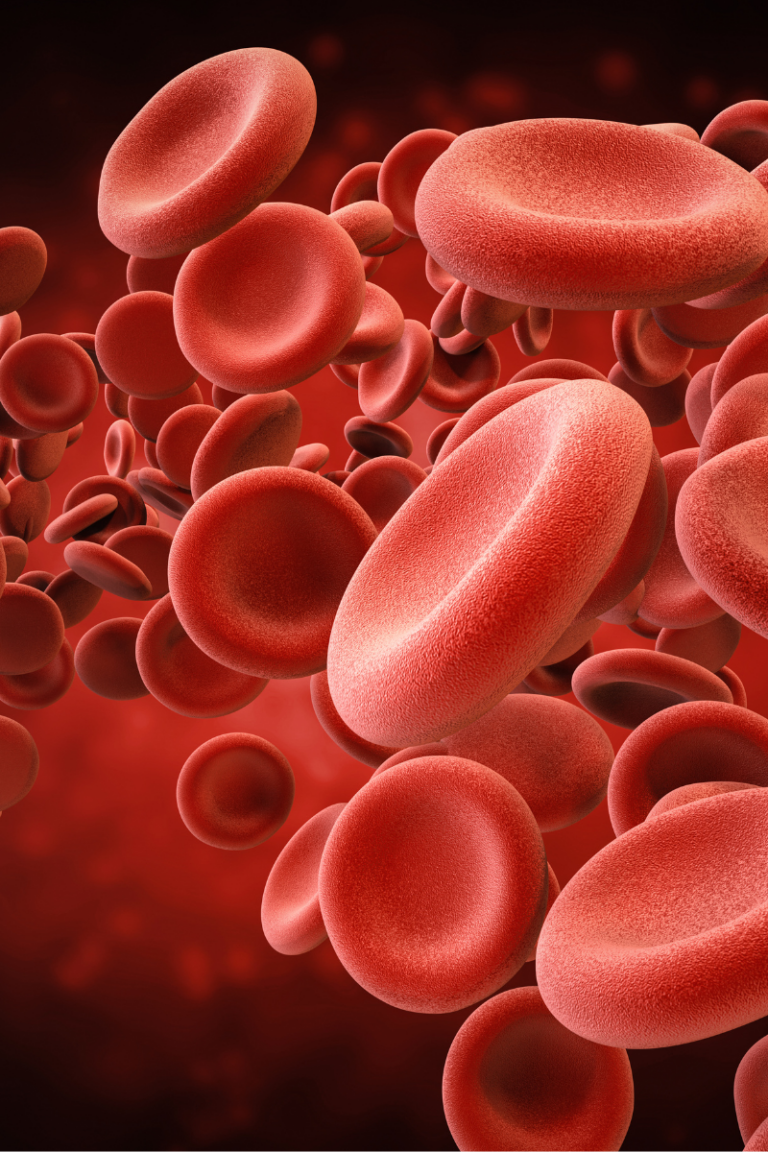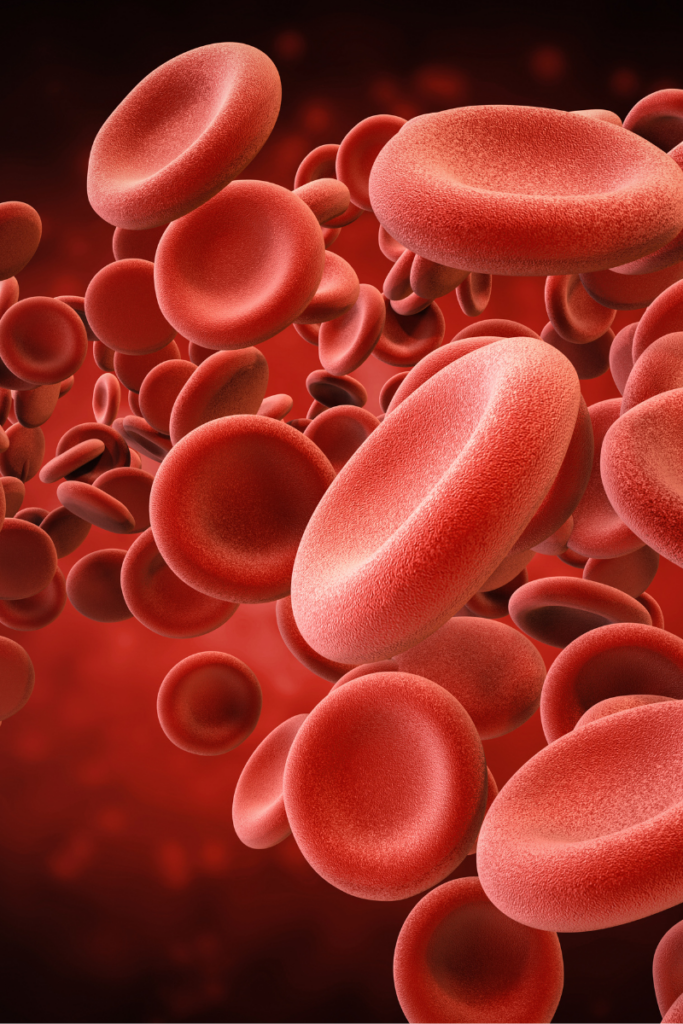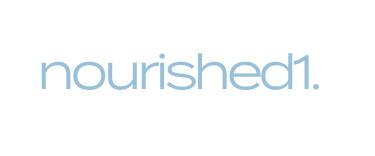Iron and B12


Micronutrients, particularly iron and vitamin B12, are essential for producing healthy red blood cells. While meats, especially red meat, are some of the easiest sources for absorption, plant-based foods can also contribute to your intake. The challenge, however, lies in ensuring a consistent, high volume of intake to maintain adequate levels of these nutrients for optimal red blood cell production.
If iron is inadequate the red blood cell can become smaller than is the norm, while low status of Vitamin B12 can hamper cell division and cause our red blood cells to be a larger shape. When we change the shape and size of the red blood cell than we impact function.
Having healthy red blood cells plays a critical role in supporting immune health, boosting energy and stamina, improving sleep quality, and enhancing overall resilience. Mental health, too, can be positively impacted by proper nourishment of iron and B12.
Iron deficiency can lead to symptoms such as low energy, frequent colds, poor sleep, irritability, low-grade headaches, night sweats, and a lack of motivation.
Food Sources for Iron and B12
- Iron:
- Heme Iron (better absorbed): Red meat, chicken, turkey, pork, and fish (like tuna and salmon).
- Non-heme Iron: Lentils, spinach, tofu, quinoa, fortified cereals, and pumpkin seeds. Pairing non-heme iron sources with vitamin C-rich foods (like citrus fruits, bell peppers, and broccoli) can help enhance absorption.
- Vitamin B12:
- Animal sources: Beef liver, shellfish, salmon, tuna, eggs, and dairy products.
- For plant-based eaters: Fortified plant milks, fortified cereals, and nutritional yeast are great options to ensure adequate B12 intake.
By focusing on a well-rounded nutrition strategy that includes these foods, you can maintain optimal levels of iron and B12, ensuring good health and supporting your body’s vital functions.
